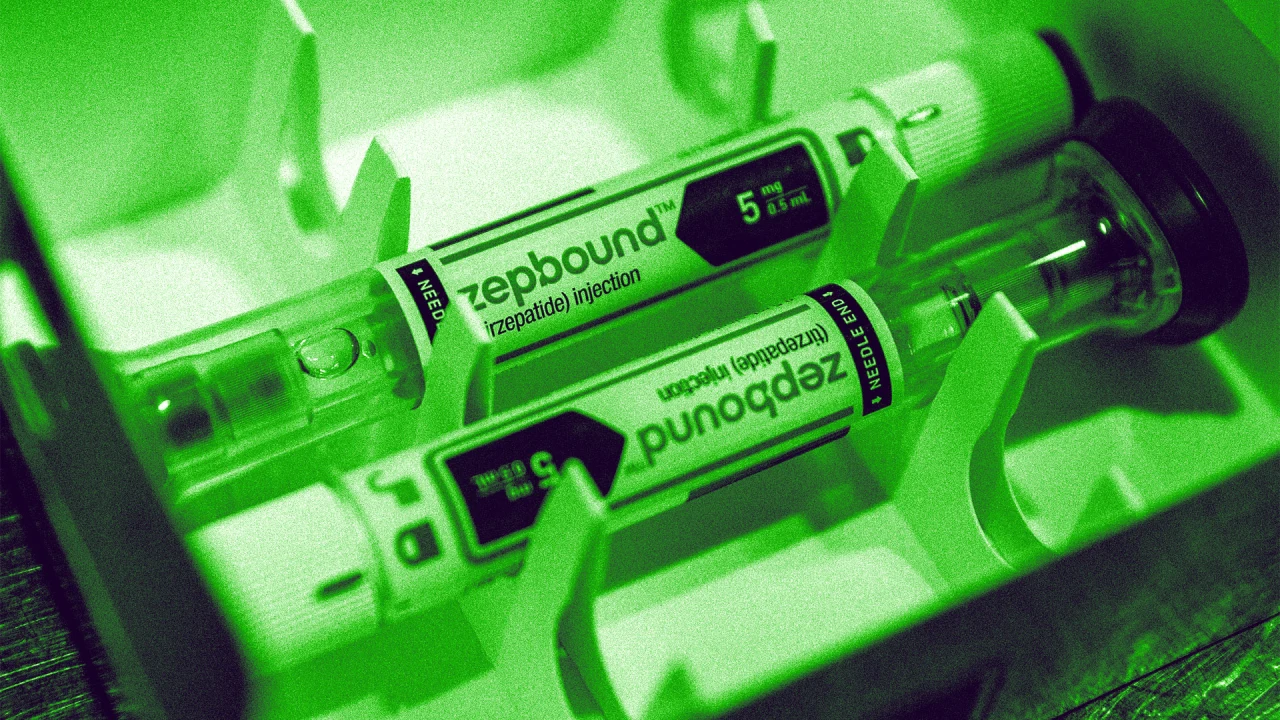Malingering Expert Witness: Identifying Deception in Legal and Injury Claims
The misuse of the legal system through fabricated symptoms is not only unethical but harmful to genuine claimants.

In medico-legal cases, truth is paramount. Yet, the deliberate fabrication or exaggeration of symptoms known as malingering can compromise justice. As malingering expert witnesses, we specialize in detecting these falsehoods with clinical precision, ensuring that courts and legal professionals receive evidence-based, unbiased evaluations.
What Is Malingering? A Clinical-Legal Definition
Malingering is the intentional production of false or grossly exaggerated physical or psychological symptoms, motivated by external incentives such as financial compensation, avoiding work or legal responsibility, or obtaining drugs. It is not classified as a mental illness, but rather as a behavior often encountered in legal and compensation settings.
A malingering expert witness plays a critical role in evaluating such claims, especially when the alleged impairments have significant legal or financial implications.
Key Indicators and Malingering Symptoms
Identifying malingering requires a nuanced understanding of malingering symptoms that deviate from genuine pathology. These can include:
-
Inconsistent medical history
-
Symptoms that fluctuate under observation
-
Dramatic but vague complaints
-
Non-compliance with treatment
-
Evidence of motivation for secondary gain
These indicators, while not diagnostic alone, form patterns that a trained expert witness can critically analyze through clinical interviews, psychometric tests, and behavioral observations.
The Role of a Malingering Expert Witness in Court
We assist the court by offering:
-
Objective assessment using standardised tools (e.g., MMPI-2, TOMM, SIRS-2)
-
Expert testimony explaining findings in layman's terms
-
Comprehensive reports that detail the rationale for any opinion of malingering
-
Cross-examination readiness to defend our evaluations under scrutiny
Our role is impartial: we neither advocate for the claimant nor the defense. Instead, we act as an independent evaluator tasked with uncovering the truth.
Psychological Testing Tools for Malingering Detection
Structured Inventory of Reported Symptoms (SIRS-2)
A widely used instrument designed to detect feigned mental disorders, evaluating rare symptoms, symptom combinations, and other response patterns.
Test of Memory Malingering (TOMM)
A visual recognition test effective in identifying effort and memory fabrication.
Minnesota Multiphasic Personality Inventory-2 (MMPI-2)
Detects over-reporting or symptom exaggeration, especially useful in personal injury and psychiatric disability cases.
Malingering in Personal Injury and Insurance Claims
Many personal injury claims hinge on subjective complaints—pain, PTSD, cognitive decline—that are not easily verified through objective scans or tests. Here, the malingering expert witness is essential in evaluating the credibility of the claimant's narrative.
Common contexts:
-
Whiplash injuries with disproportionate disability claims
-
Traumatic brain injuries with no clear imaging evidence
-
Chronic pain that is resistant to all forms of treatment
-
PTSD claims with fabricated trauma exposure
Legal Implications of Malingering Findings
Our conclusions carry weight. A confirmed suspicion of malingering can:
-
Invalidate a compensation claim
-
Impact sentencing or criminal responsibility
-
Expose fraud
-
Reduce insurer liability
Courts rely heavily on expert analysis to make fair judgments. We ensure that this reliance is justified with rigorous, evidence-based findings.
Collaboration with Solicitors and Insurance Providers
We work alongside:
-
Personal injury lawyers
-
Criminal defense teams
-
Insurance fraud investigators
-
Occupational health services
Our reports are formatted for clarity, written in legally defensible language, and include methodological transparency to withstand cross-examination.
When to Instruct a Malingering Expert Witness
Consider instructing us when:
-
A claimant's reported symptoms are subjective and unverifiable
-
There is a large financial or legal incentive at stake
-
Other experts have flagged inconsistencies
-
Treatment non-compliance raises doubts about symptom legitimacy
Why Choose Us?
Our team comprises consultant psychiatrists, clinical psychologists, and neuropsychologists with decades of experience in malingering detection. We have provided expert witness services in high-stakes civil, criminal, and employment tribunals across the UK.
Our evaluations are:
-
Objective
-
Methodologically sound
-
Delivered promptly
-
Legally robust
Final Thoughts
The misuse of the legal system through fabricated symptoms is not only unethical but harmful to genuine claimants. A malingering expert witness ensures that only credible, medically justified claims influence legal and financial outcomes. By recognising malingering symptoms early and systematically, we safeguard the integrity of the justice system.































































![https //g.co/recover for help [1-866-719-1006]](https://newsquo.com/uploads/images/202506/image_430x256_684949454da3e.jpg)



























![[PATREON EXCLUSIVE] The Power of No: How to Say It, Mean It, and Lead with It](https://tpgblog.com/wp-content/uploads/2025/06/just-say-no.jpg?#)










































